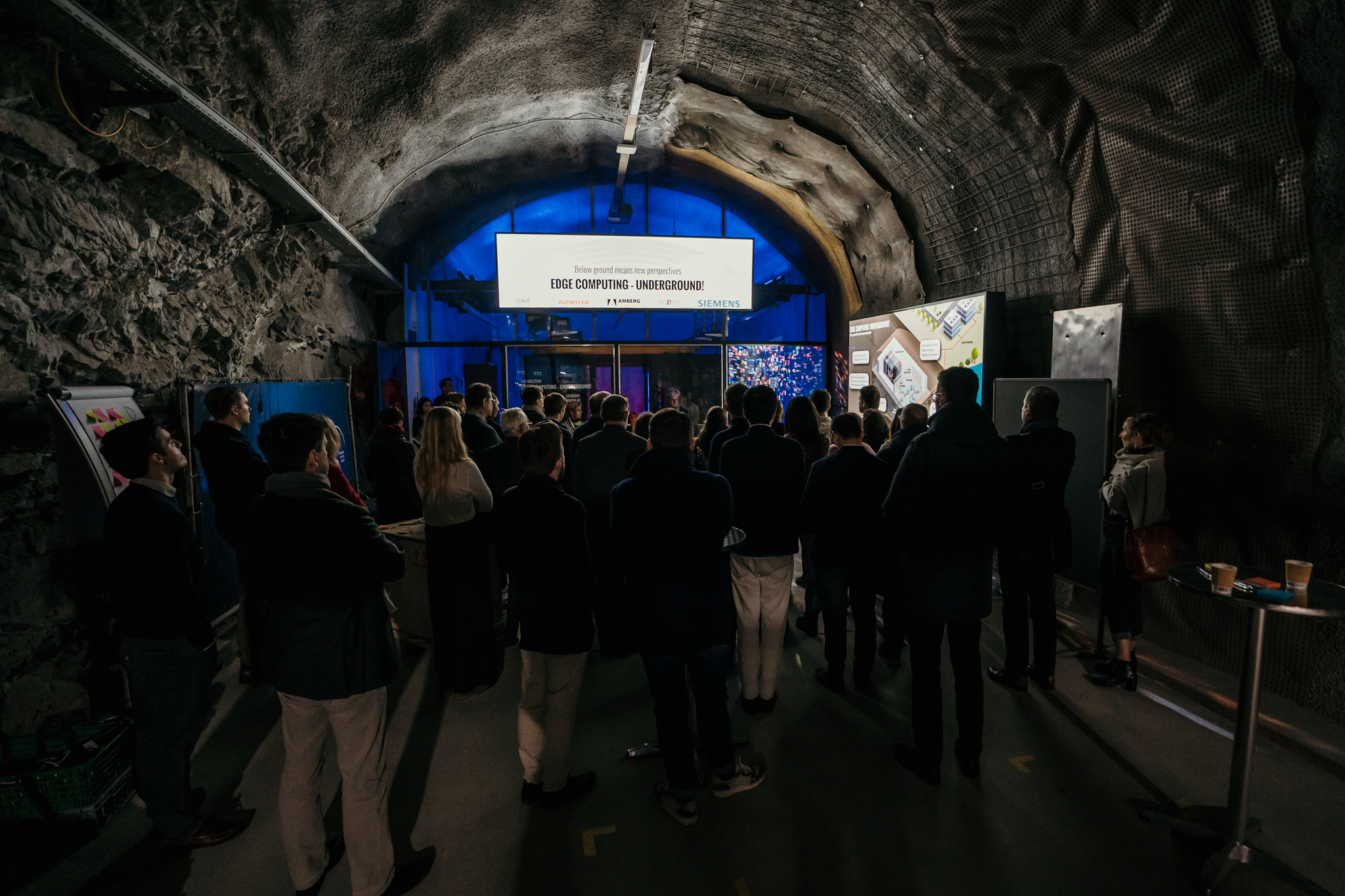The World Systemic Forum recently took place in Flums/Switzerland. More than 80 participants from planet earth (across several continents) were welcomed by Rudi Hilti & invited to explore chosen topics that inspire new realities and possibilities. The World Systemic Forum, a non-agenda forum, focuses not on just fixing the current worldly problems, but rather encouraging discussions around completely reinventing the faulty systems that allow for these problems. The result of thought combined with action ignites shifts in creating sustainable ecosystems at scale.
This year at the WSF 2022, we created insight into leaving the traditional path of thinking aside, to share new perspectives, to share passion, to contribute to the discussion on data-sharing, on sustainable incentives and to seek systemic change with intent and mindfulness. Many key questions and ideas of global relevance within our current and future societies were raised in two excellent roundtables, with distinguished panellists from across many different sectors.

Humankind is approaching enormous global emergencies. Now, it is the time to (re)act in a holistic way. We posed the questions of: How do we overcome a certain fearful mindset? What sort of steps can be taken to follow a new path of systemic change? To kick of the day, Kai Lüssem shared his insights on awareness. He reminded us that the strength of awareness depends on our attitude and that maximising relevant knowledge needs an open mind.
The first roundtable with speakers Rudi Hilti (Founder of the System Change Foundation), Hardy Schloer (Inventor of the Cloud Computing Technology & SDG Knowledge Vault), Rumman Chowdhury (Director of Ethics, Transparency, and Accountability at Twitter), Sweta Chakraborty (Behavioural Scientist, Policy Advisor & TV Contributor), Wolfgang Fengler (Lead Economist of the World Bank & World Data Lab Founder) and Vilas Dhar (President of the McGovern Foundation) and moderated by Anke Brack (Head New Business at NZZ) examined the power of data and ways to draw the right conclusions. We discussed that with the right information, this allows for making wise decisions. In the Age of Information and Global Learning, we need a new way of thinking to even understand what that could be. When collective ignorance and causality become apparent and cannot be rationalised, it may indicate that there was no access to the right information. This mis-direction/scarcity becomes the cause of systemic issues.
These projects were presented by Felix Amberg and Han Admiraal from Mission Earth First, a collaborative mission we have started to connect Earth and Space with a circular mindset. We also heard about the work of Hardy Schloer, who is creating an SDG Knowledge Vault and Veronika Petschen and Antonia Coronaro on their work in connection with the Mountain Data Center. To wrap up the forum, Wolfgang Fengler presented the World Emissions Clock for the G7 summit.

In conclusion, new paths will lead to achieving the goals of Worldly improvement. It became clear that humankind has a distinct responsibility with the complexity of these challenges, which are rapidly rising.
The system change-approach is offering consciousness and empathy. The question of accountability will always be taken into consideration and the value of nature cannot be overlooked.
It was stated that money can be seen as energy exchange and used as a lever to support investments which promote meaningful change instead of exploiting tick box systems. This is not something we consider idealistic, but rather necessary systemic change.
The time is right to overcome obstacles; the capability to unite in a holistic way through joint efforts is there. We need to leave old patterns and previous belief systems behind.





